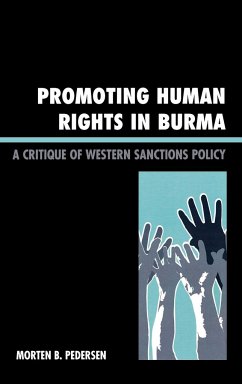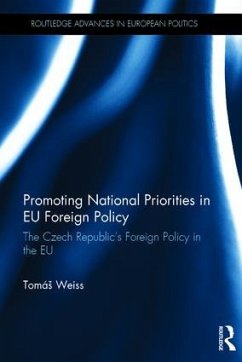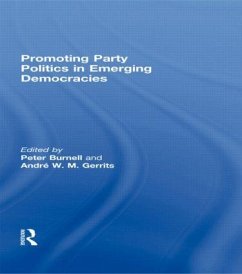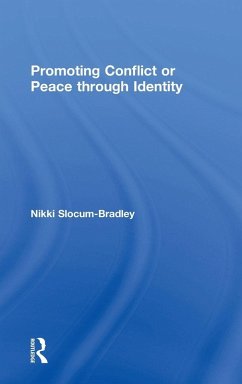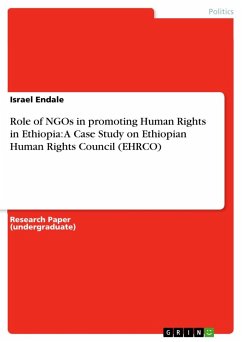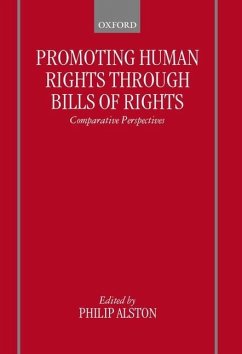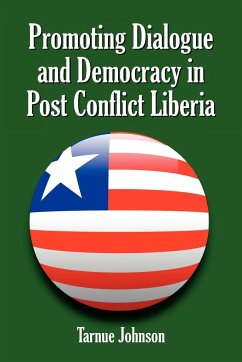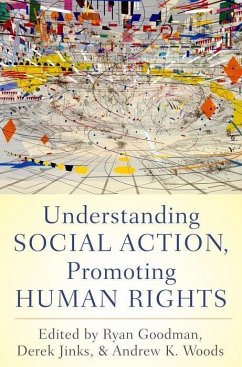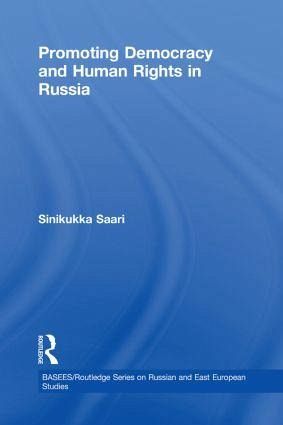
Promoting Democracy and Human Rights in Russia
Versandkostenfrei!
Versandfertig in 1-2 Wochen
177,99 €
inkl. MwSt.
Weitere Ausgaben:

PAYBACK Punkte
89 °P sammeln!
The author discusses how various international organisations, including the European Union, successfully promoted in Russia common European norms of human rights and democracy, with Russia cooperating fully in the process, but how, more recently, Russia has begun to challenge these norms, moving towards semi-authoritarianism.
European regional organisations have spent significant amount of time, energy and money in supporting Russia's transition towards the western liberal-democratic model since the end of the cold war. This book explores the role the Council of Europe, European Union and Organisation for Security and Cooperation in Europe have played in Russia's post-Soviet transition in the field of human rights and democracy. The book argues that the organisations have played an important initial role in setting the reform agenda and in providing a general framework for interaction in the field of human rights and democracy. However, since the mid-1990s the impact of regional organisations has been slipping. Lately Russia has challenged the European human rights and democracy norms and now it threatens the whole framework for regional normative cooperation. Russia's attitude towards western liberal order has become more assertive and its defiance increasingly concerted even internationally. The main finding is that democracy and human rights promotion is not a one-way transference of norms like much of the theoretical literature and European practices presume. The Russian case demonstrates that the so-called target state can influence the norm promoters and the interpretation of the norms in a fundamental way. This is a finding that has significant implications both for theory and practice.





